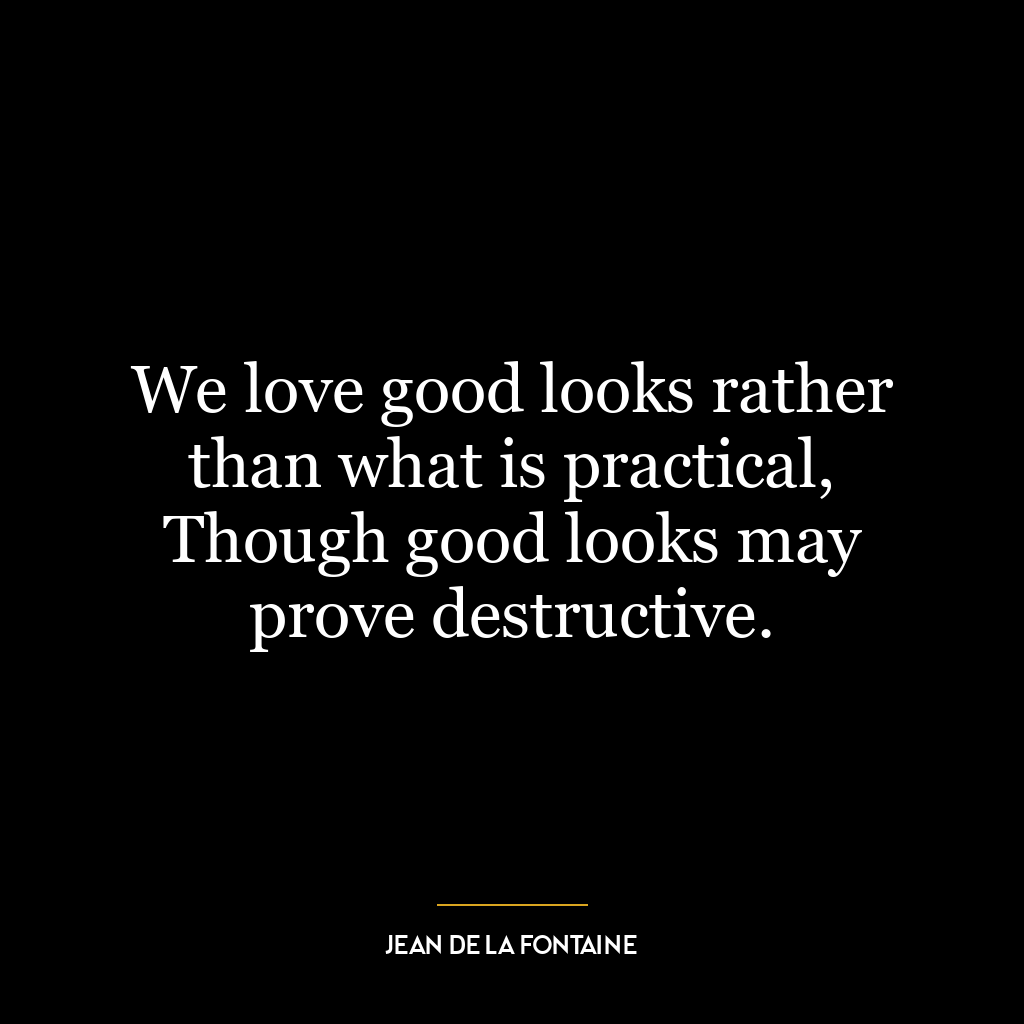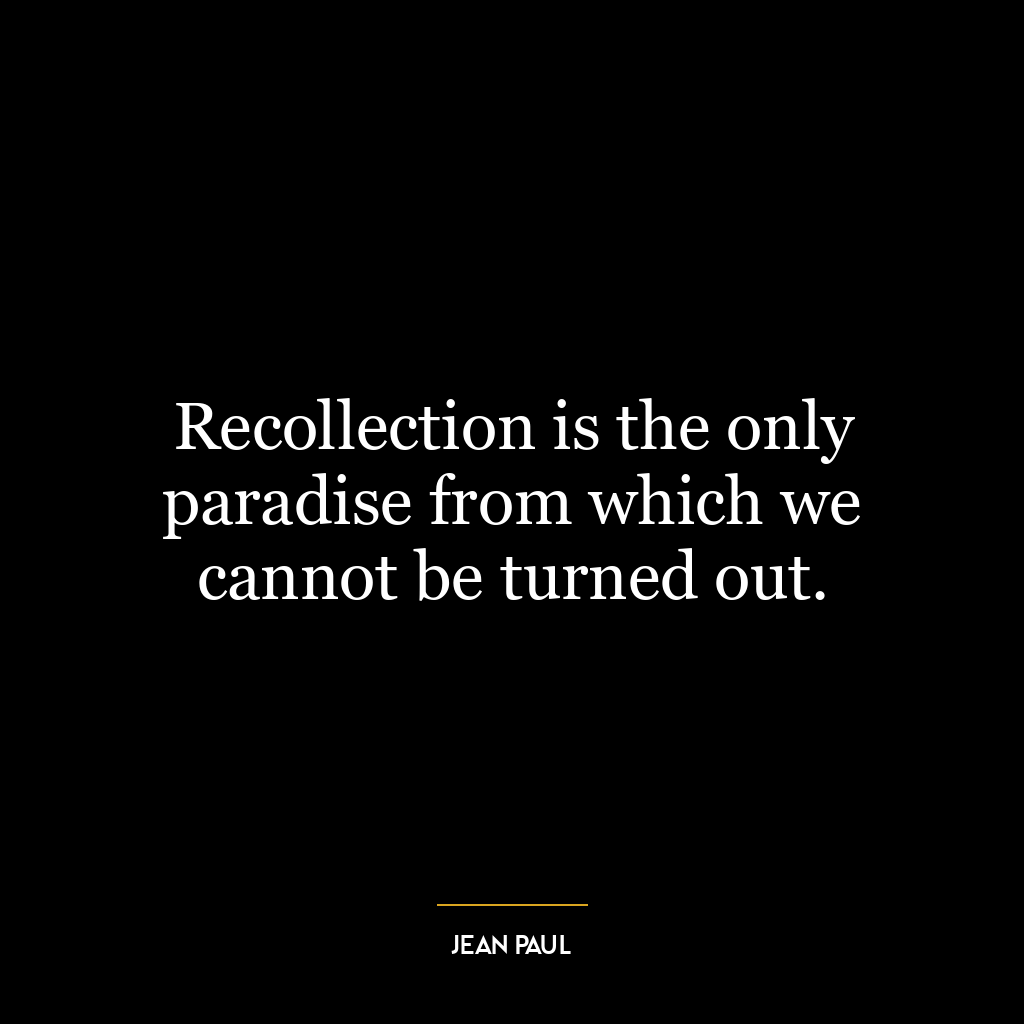A people who chose security over liberty will receive neither nor deserve either.
This quote highlights the dichotomy between personal freedoms and safety, suggesting that if a society prioritizes security to the point where it infringes upon individual liberties, it will ultimately end up losing both. It underscores the delicate balance that exists in a free society between maintaining order and preserving personal freedoms.
The quote suggests that any society that sacrifices its liberty for security is not only doomed to lose both, but also does not deserve either. The reason being, liberty is the cornerstone of any democratic society, and to willingly give it up is to forsake the very values that such a society is built upon. Similarly, security in a society where liberty does not exist is a false sense of safety, as it is built on the suppression of individual freedoms.
In today’s world, this quote can be seen reflected in the debates around issues like surveillance and data privacy. In the name of national security, governments may engage in practices like mass surveillance or data collection, which can infringe upon individual privacy rights. While such measures may be justified as necessary for maintaining security, they can also be seen as a breach of personal liberties. If a society accepts these practices without question, it risks compromising the very freedoms it seeks to protect.
In terms of personal development, this quote can be interpreted as a caution against the dangers of becoming too comfortable or complacent. It suggests that if we prioritize safety and comfort over personal growth and freedom, we may end up stifling our own potential. Personal development often requires stepping out of our comfort zones and taking risks, and if we are too afraid to do so, we may not only miss out on opportunities for growth, but also fail to develop the resilience and adaptability that comes from facing and overcoming challenges.













